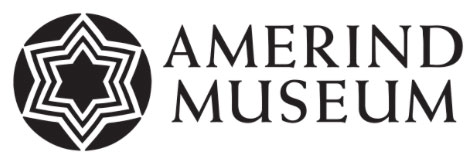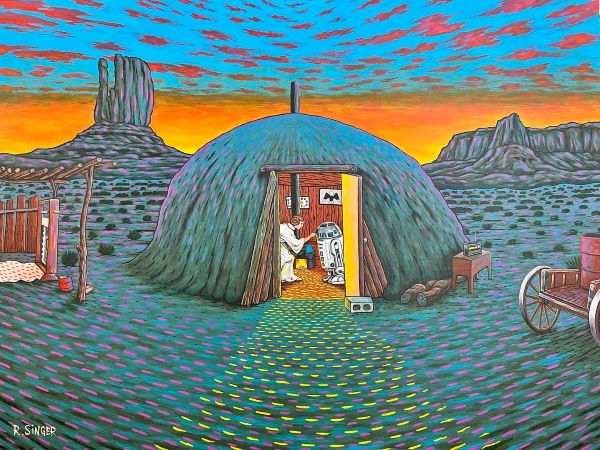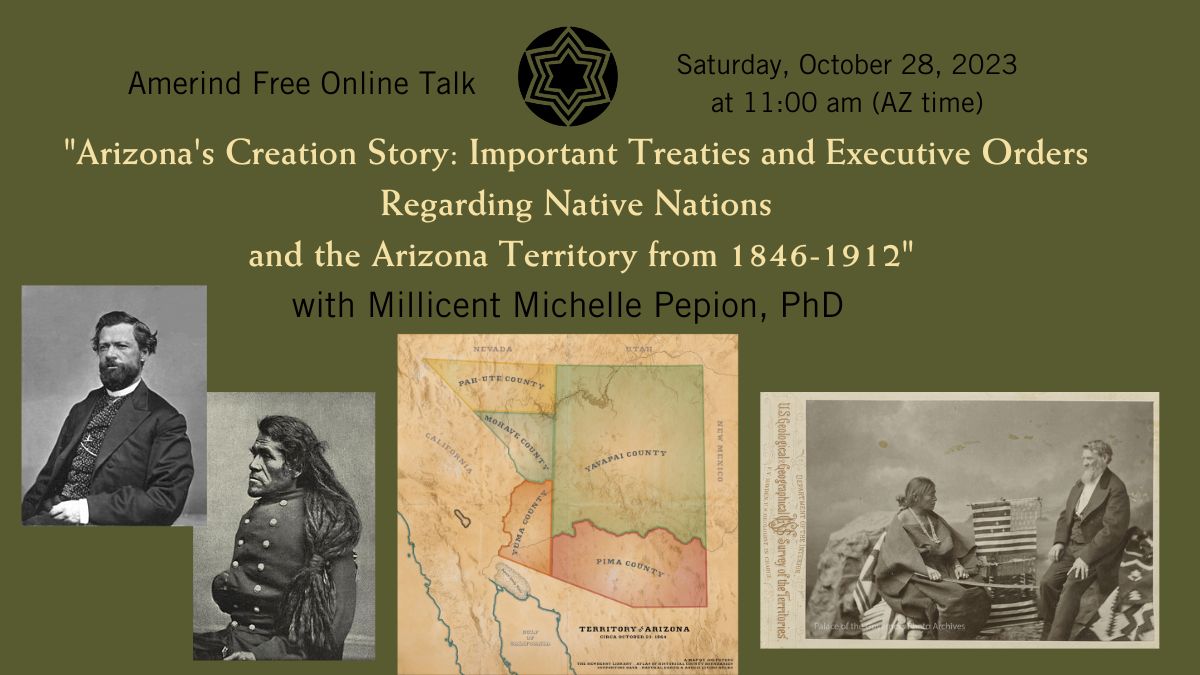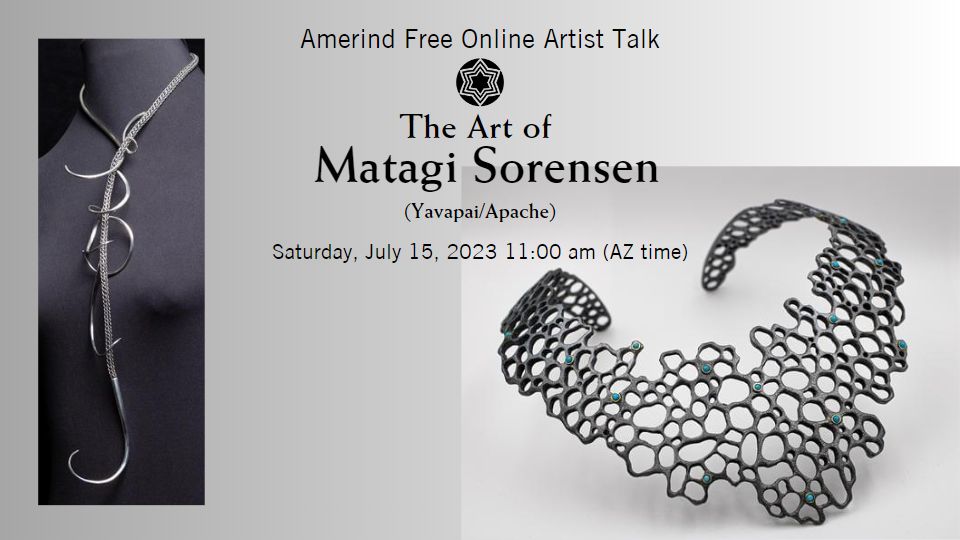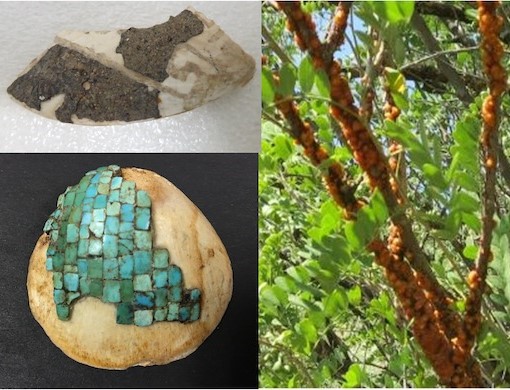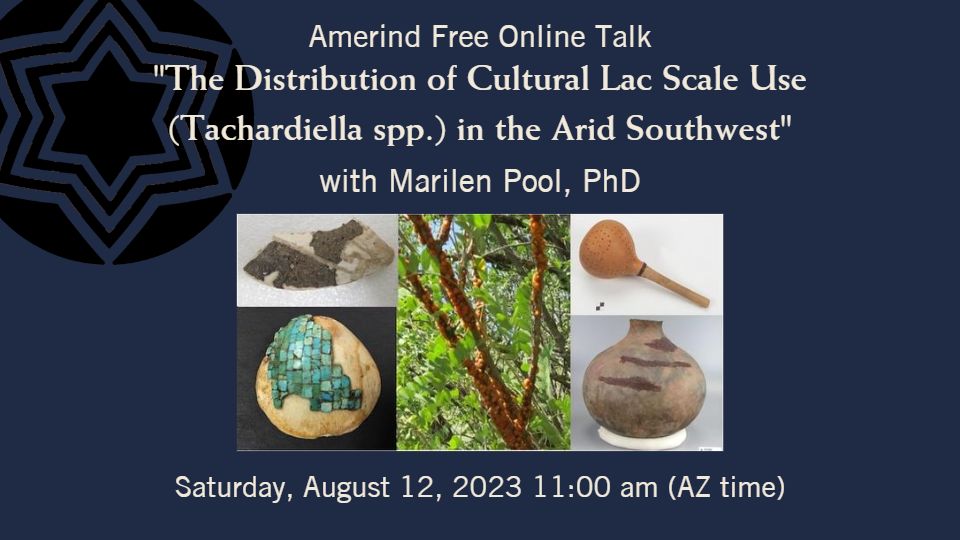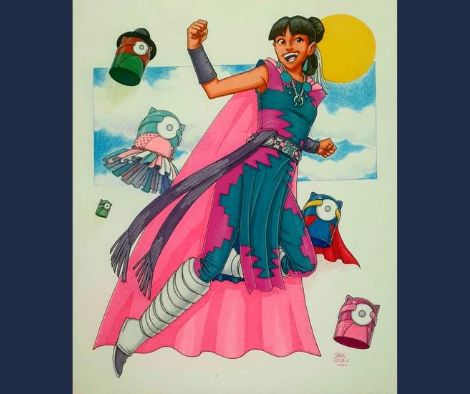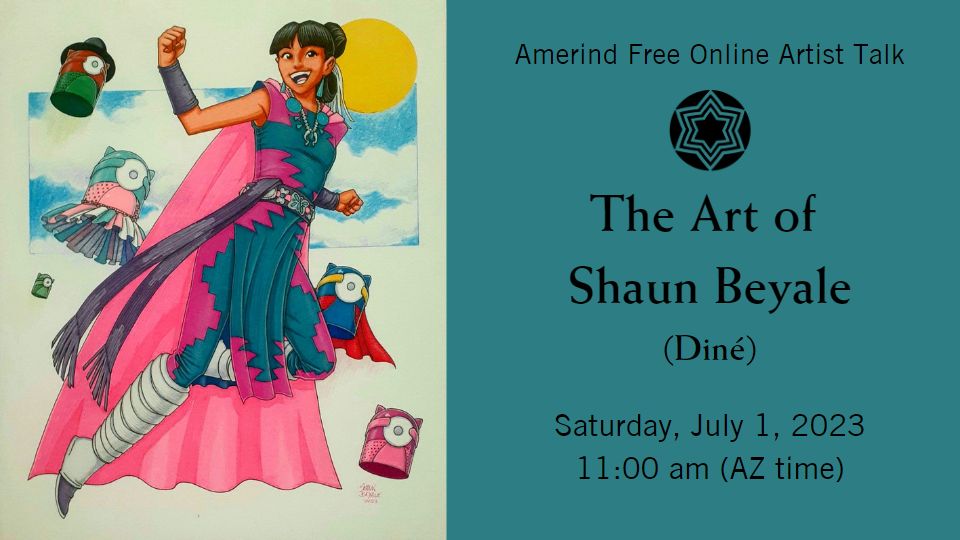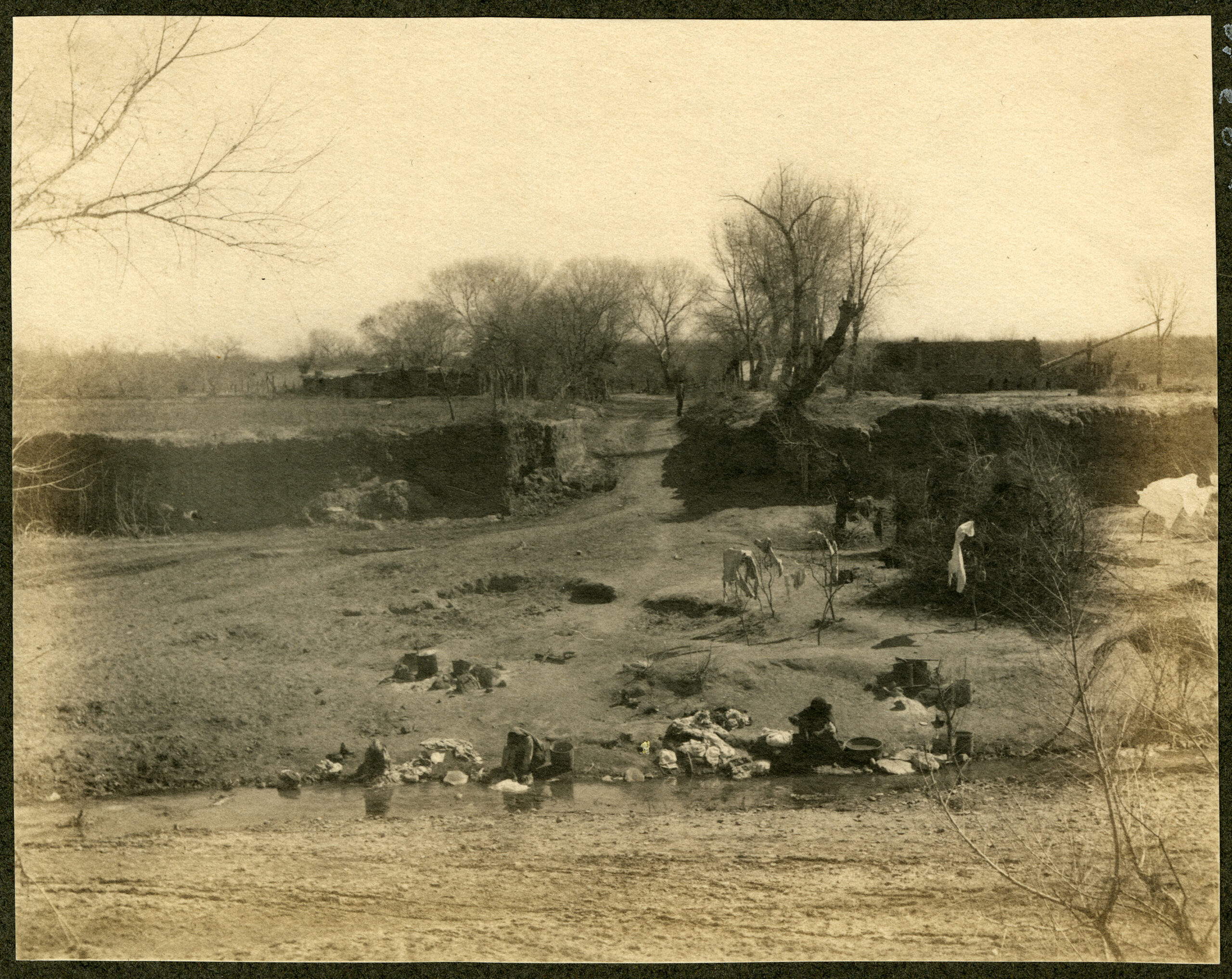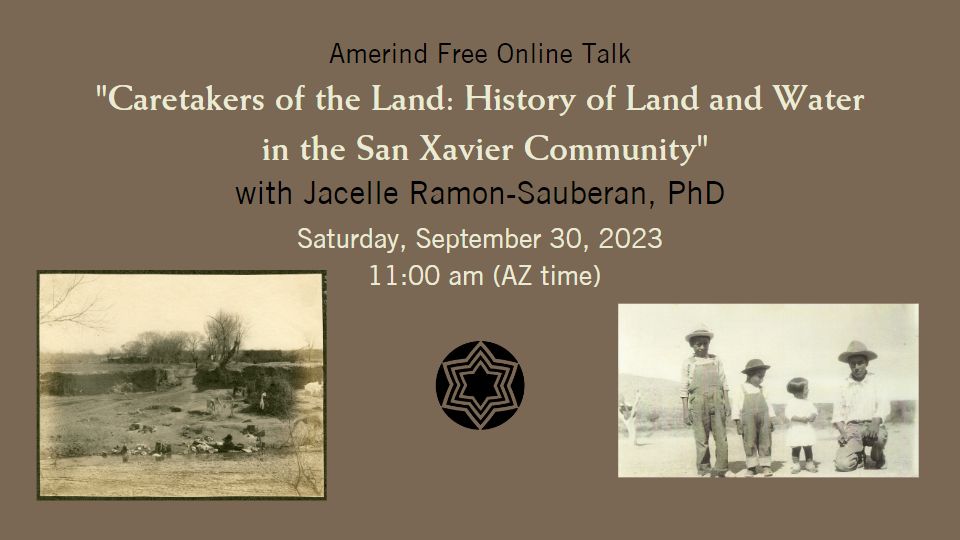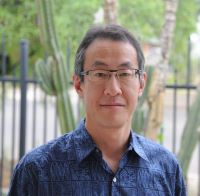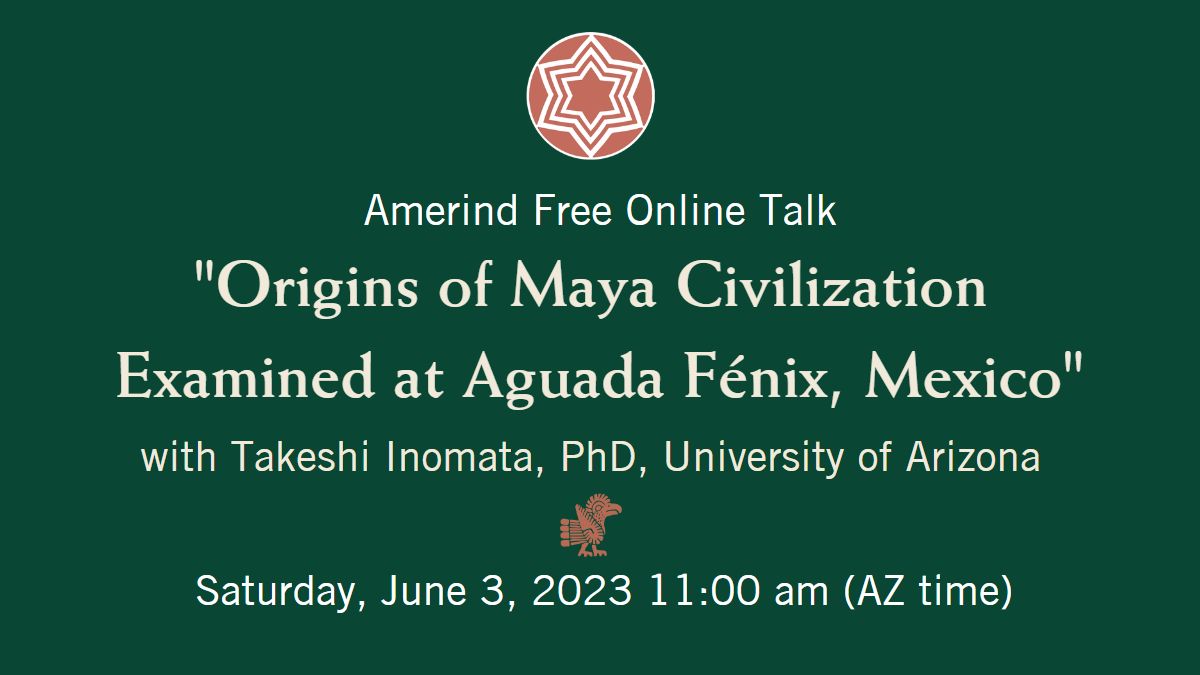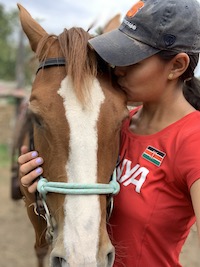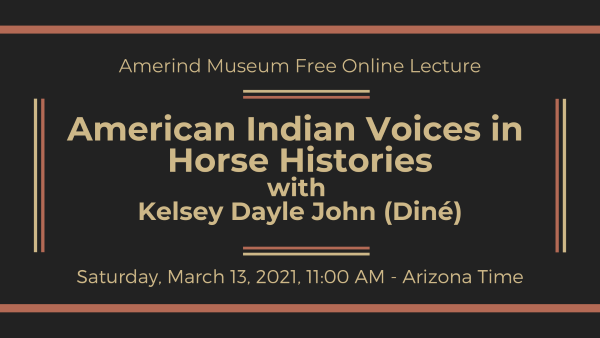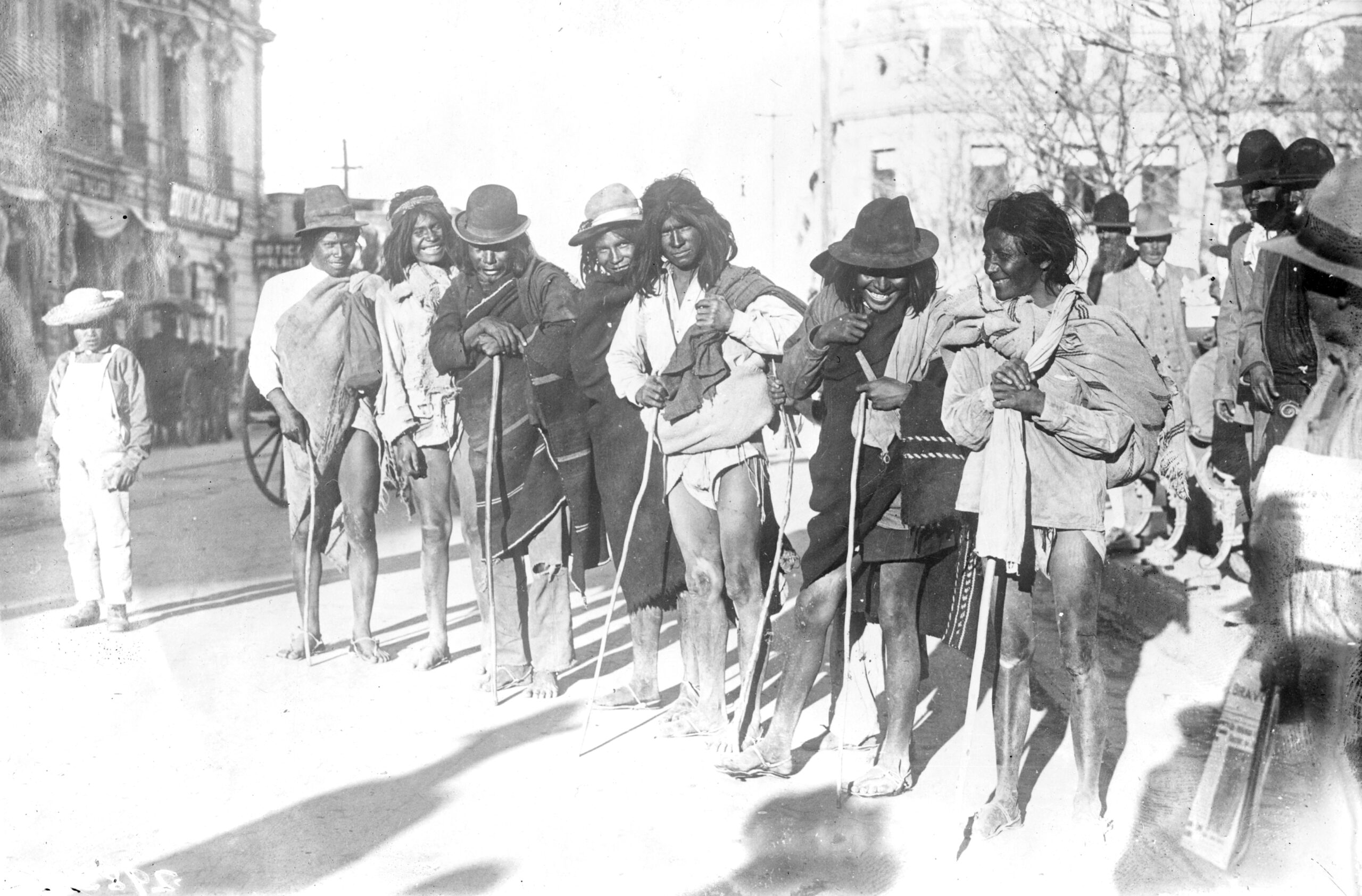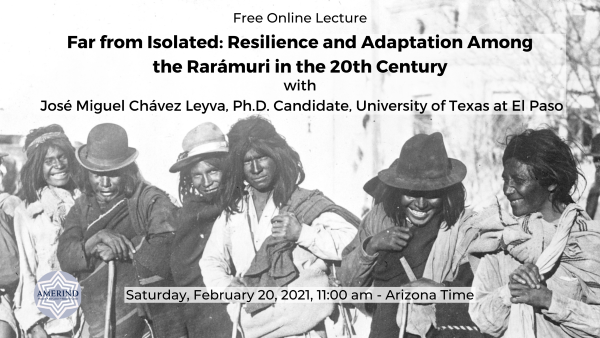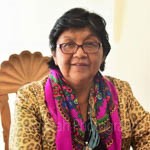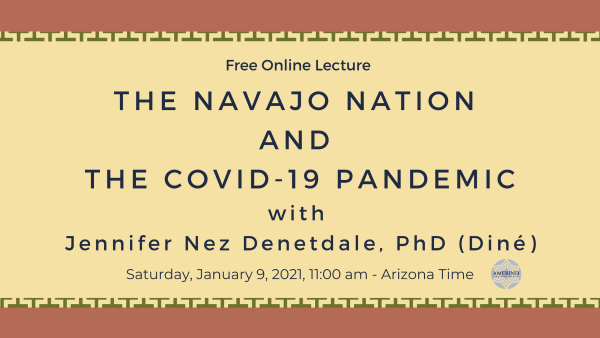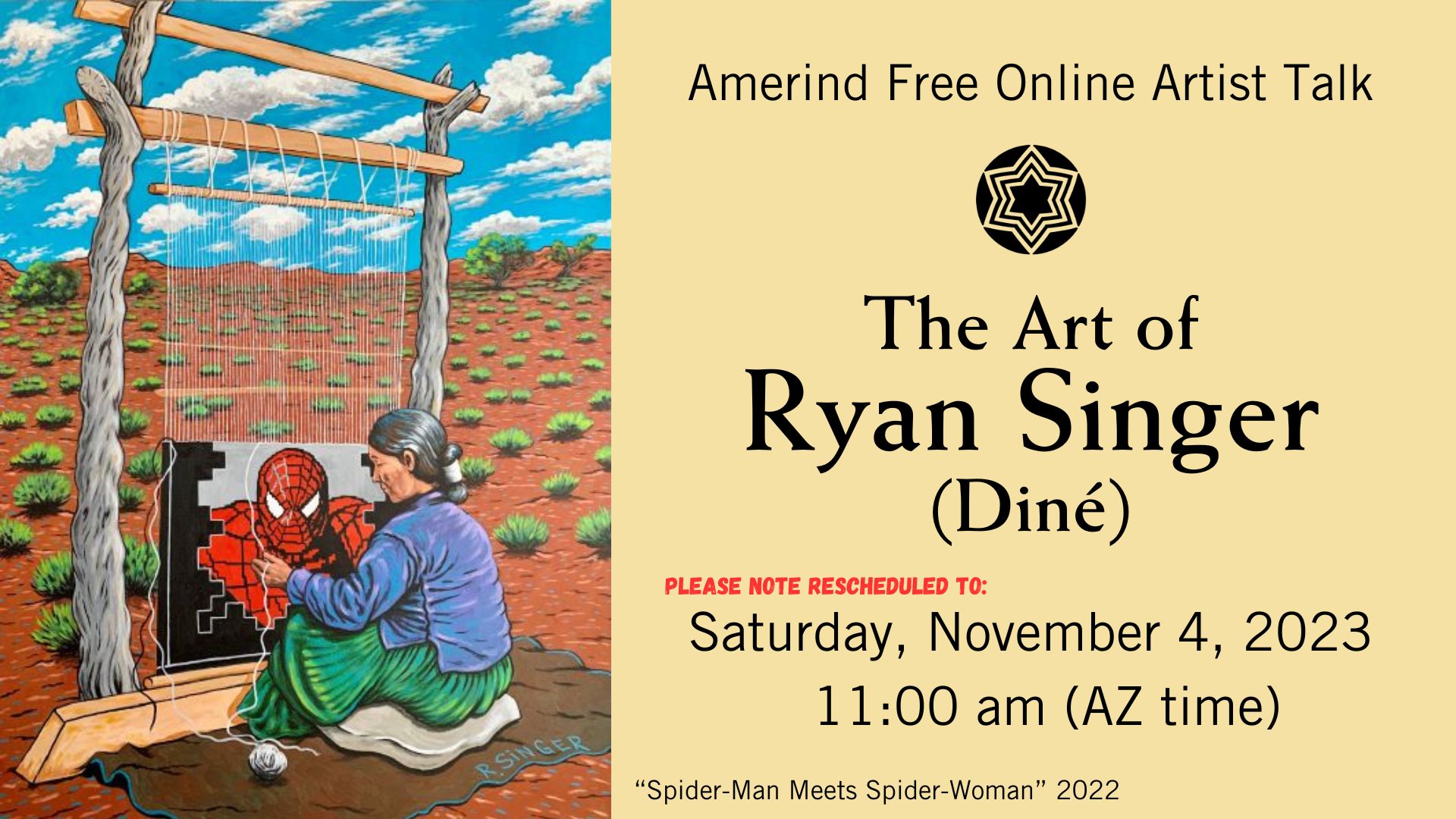
Amerind Free Online Artist Talk
The Art of Ryan Singer, Diné (Navajo)
We apologize and appreciate your patience on September 16th. Due to some technical difficulties, we have had to rescheduled to:
Saturday, November 4, 2023, 11:00 am – Arizona Time
Join us as we welcome artist Ryan Singer for an online artist talk.
Ryan Singer is a Diné (Navajo) artist-painter based in Albuquerque, NM. Creating artwork based on his Navajo heritage and incorporating pop culture elements including science fiction imagery. He weaves stories of his childhood memories with nostalgic iconography. He has been included in the “Indigenous Futurism” movement but has been drawing Star Wars characters since 1977. Ryan also enjoys creating portrait realism of Native subjects with a contemporary appeal. His artwork is in collections of several museums and collectors worldwide. Ryan had garnered several awards including from the renowned SWAIA’s Santa Fe Indian Market. He has acquired his BFA in Art Studio from UNM, where he was in a collaborative lithography class with the Tamarind Institute. He now plans on working towards his MFA. Born in Cedar City, Utah, but originally from Tuba City, Arizona, Ryan is of the Tódich’iinii (Bitter Water) clan and born for the Kinya’aani (Towering House) clan. Having grown up in various parts of the Navajo Reservation, Ryan often reflects on his childhood in his artwork through his depictions of science fiction and pop culture icons. Ryan’s other notable works of art include the popular “Mutton Stew” painting which he modeled after Andy Warhol’s “Campbell’s Tomato Soup Can” series but with a distinct Navajo twist; his iconic “Wagon Burner” which has become his trademark symbol. He has been part of exhibitions featuring this new genre of art. He also co-curated an exhibition along with Tony Abeyta at the Navajo Nation Museum about the “Long Walk”.
To register, visit: https://bit.ly/AmerindOnline09162023
“Hope in a Hogan”, 2022
